Not only does she teach the profession, she also persistently spreads the belief that everyone has something to give, and that the crescent moon can still light up the sky. That is Ms. Vo Thi Le Hang, who has been attached to crutches and a wheelchair for nearly 60 years.
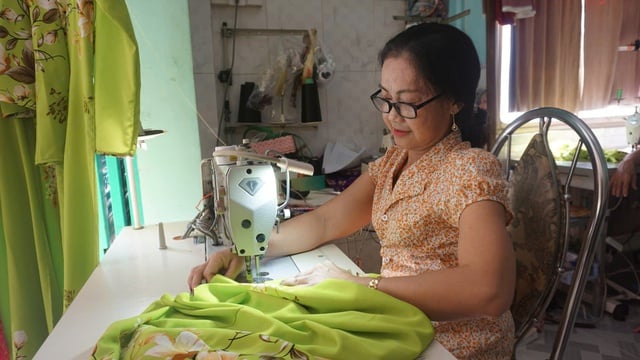
Sewing not only helps Ms. Le Hang live independently but also supports many disabled and disadvantaged people.
PHOTO: NVCC
The crescent moon can still shine
On a Sunday morning like usual, the small house (which is a solidarity house donated by the locality) of Ms. Vo Thi Le Hang in the Middle Hamlet, Phuoc Thanh Commune was bustling with the sound of sewing machines, scissors cutting fabric, and the voices of teachers and students talking.
The students in this sewing class each have different circumstances: hemiplegia, hunchback, weak legs, missing hands, hearing impairment, poverty... Their reasons for going to school are also different: wanting to escape poverty, wanting to mend clothes, wanting to sew clothes that fit their body shape and sew for their loved ones.
In addition to Sunday mornings, students can also come to see their teacher whenever they need urgent support. For the disabled and the disadvantaged, Ms. Hang is willing to teach for free. Those who want to help with the electricity bill only need to contribute 20,000 VND per lesson.
The class was established in April 2020, with 5 sewing machines purchased with funds supported by the Center for Research and Capacity Development of People with Disabilities (DRD). Every time she recalls that milestone, Ms. Hang is always emotional: "When I received the news that my idea for a sewing class for people with disabilities was sponsored, I burst into tears, kept saying thank you and couldn't sleep all night."
Not only teaching sewing directly, Ms. Hang also teaches sewing over the phone to disabled students who are unable to come to class, and answers sewing questions for those who need...
She said: "People with disabilities like me are happy with whatever they can do. I am happy with whoever I can help."
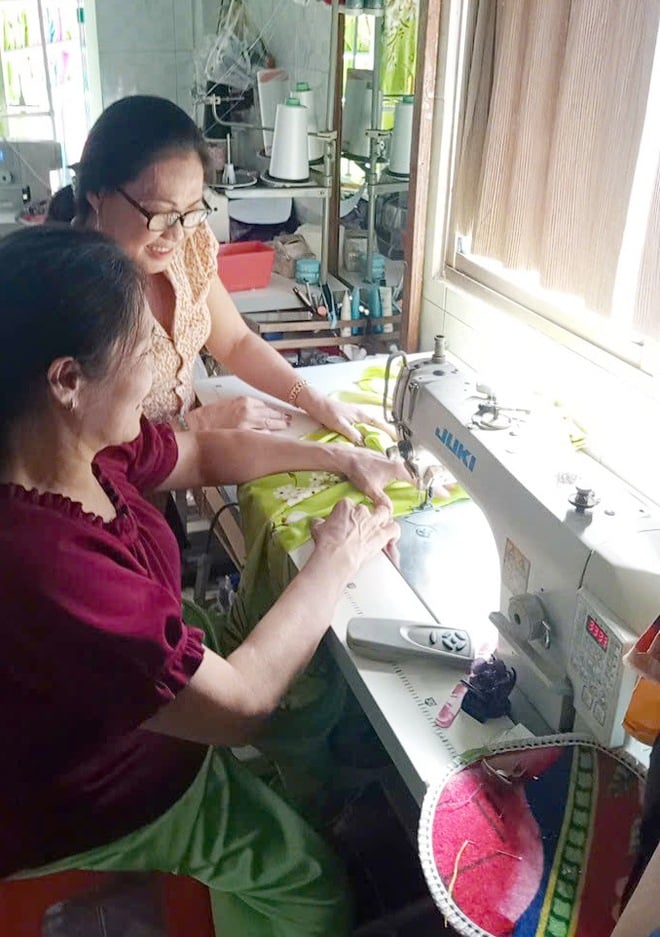
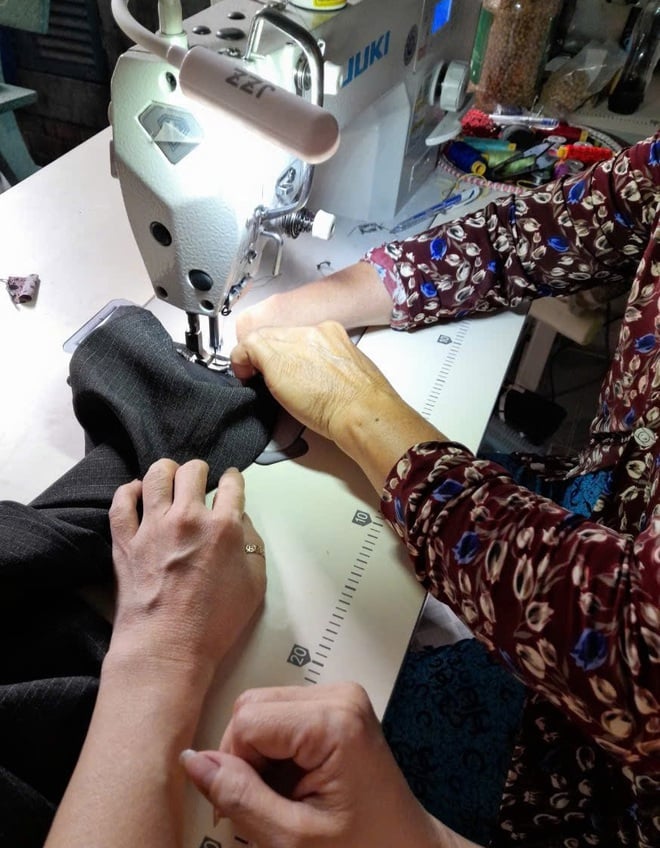
From Ms. Vo Thi Le Hang's free sewing class, many disabled people have found a livelihood.
PHOTO: NVCC
Sweet fruit and fragrant flowers come from kindness
Le Hang lost her legs at the age of 1 after a fever. Her family was poor and she was the eldest of 5 children, so she never went to school.
At the age of 22, her family gave her the opportunity to study tailoring when they noticed her interest in sewing and mending clothes. Being illiterate, she had a hard time studying. However, those difficulties eventually gave way to the perseverance of the young girl who had a burning desire to live independently.
"Sewing has changed my life, so I believe it can also help other disabled people," said Ms. Hang.
Indeed, thanks to being taught sewing by Ms. Hang, many disadvantaged lives have been able to write brighter lines.
Ms. Vuong Thi Do shared: "Since I was little, my legs were weak and it was difficult for me to walk. My parents were busy working for hire, I mainly stayed at home to cook and take care of my 5 younger siblings, without any income. Luckily, Ms. Hang taught me a trade so I could sew pajamas for customers, earn money to take care of myself and help my family. There is nothing happier than that!"
Meeting Ms. Le Hang was considered by Ms. Nguyen Thi Thanh Duyen as a great fortune: "I have a hunchback and am paralyzed on one side of my body, and I make a living by selling lottery tickets. Thanks to Ms. Hang's teachings, I can now sew clothes that suit my appearance. And what is even more meaningful is that she helps me believe that life is beautiful because there are many good people."
Thanks to Ms. Hang's teaching skills in sewing Ao Ba Ba and Ao Dai, Ms. Nguyen Thi Bich has become more confident and committed to sewing. Ms. Bich happily said: "My legs are weak and it is very difficult for me to walk, so I am very happy to have a sewing job. Thanks to Ms. Hang's support, I can sew more types of clothes and have a better income to raise two children with my husband."
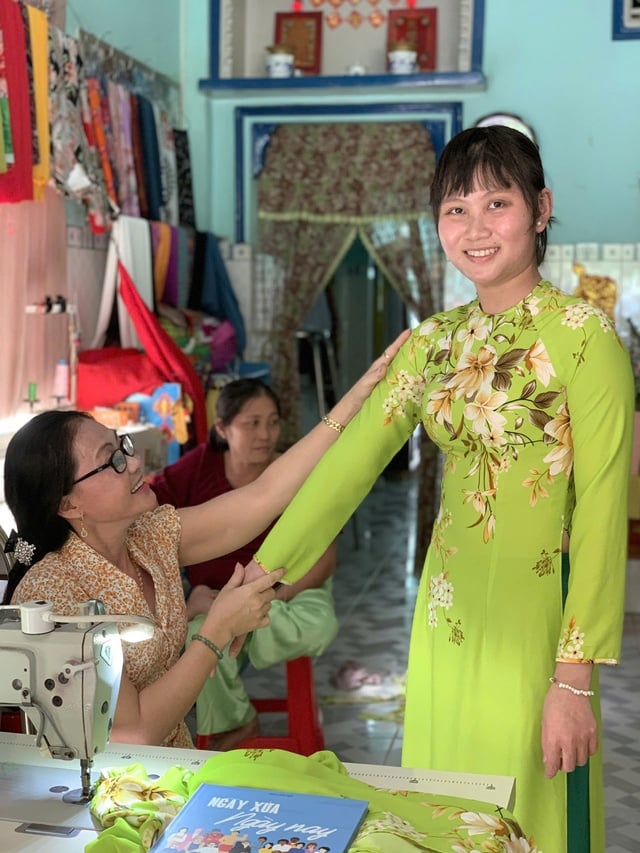
Ms. Le Hang sews uniform ao dai for members of the Disabled People's Club of Phuoc Thanh commune
PHOTO: NVCC
The free ao dai overcomes inferiority complex
Owning and wearing an ao dai may be normal for many people, but for people with disabilities, it may be a secret wish, one that they have never even thought of.
Ms. Le Hang has often wondered: "I am 1.30 m tall, with small legs. What will other people think if I wear the ao dai? But is what other people think as important as how I feel? I really want to wear the ao dai!"
She shared this thought with members of the Phuoc Thanh Commune Disabled People's Club - where she has been the chairperson for many years - and received many words of encouragement.
She decided to sew her first ao dai for herself, then nervously put it on and enjoyed the feeling of happiness. That was also the moment she overcame her inferiority complex.
The idea of a 0-dong ao dai for disabled and disadvantaged women emerged in her mind. Thinking is doing, she actively collected old ao dai donations from customers, acquaintances... and then meticulously altered them to fit the body shape of the club members. She also donated ao dai to disabled people's clubs in many other places.
From 2022 to now, she has mobilized about 200 sets of Ao Dai, giving many women the opportunity to beautify themselves and overcome their inferiority complex.
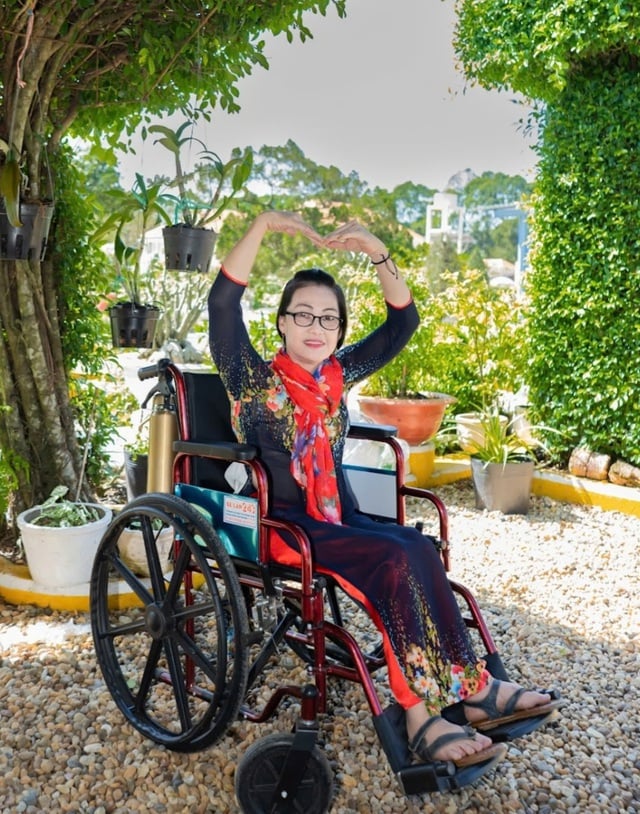
Ms. Le Hang loves the Vietnamese ao dai very much. Her idea of ao dai at zero dong has helped many disabled women become more beautiful and overcome their inferiority complex.
PHOTO: NVCC
Love is the guiding star
Without her own small home, Ms. Le Hang considers the 42 members of the Phuoc Thanh Commune Disabled People's Club as her second family. To fulfill her role as the head of the club and help more people, she tries her best to learn to read and write by herself using her phone, even though it is slow and difficult, she will never give up.
At the age of 58, her health is getting worse, but she has never thought of stopping on her journey to support the disabled and the needy with what she has.
Mr. Nguyen Van Cu - Deputy Director of the Center for Research and Capacity Development of People with Disabilities (DRD) - was moved when mentioning Ms. Le Hang: "I am very grateful and admire Ms. Hang's spirit of overcoming difficulties and her kindness. The peer support model that she is doing is especially meaningful because people with disabilities are supported in their livelihoods, inspired to live independently, develop their own abilities, create values and confidence, thereby proactively integrating into the community."
Writer Nam Cao once wrote: "When can a person with a sore foot forget his sore foot and think of anything else?". The journey of Ms. Vo Thi Le Hang makes us believe that even the weak can support others with their own strengths, once there is compassion to guide the way.
So that people with disabilities are not left behind
According to the results of the 2023 survey on people with disabilities, there is a large gap in the rate of vocational training between people with disabilities and non-disabilities (8.8% compared to 25.4%). People with disabilities face many limitations in developing labor skills and finding suitable jobs.
The rate of people with disabilities participating in the labor force is also much lower than that of people without disabilities (23.9% compared to 77.4%).
In that context, the peer support model, in which people with disabilities support people with disabilities to create livelihoods, is very valuable and needs to be replicated so that no one is left behind.

Source: https://thanhnien.vn/nhung-duong-kim-mui-chi-yeu-doi-thuong-nguoi-185251028115753654.htm





![[Photo] National Assembly Chairman Tran Thanh Man received a delegation of the Social Democratic Party of Germany](https://vphoto.vietnam.vn/thumb/1200x675/vietnam/resource/IMAGE/2025/10/28/1761652150406_ndo_br_cover-3345-jpg.webp)
![[Photo] Flooding on the right side of the gate, entrance to Hue Citadel](https://vphoto.vietnam.vn/thumb/1200x675/vietnam/resource/IMAGE/2025/10/28/1761660788143_ndo_br_gen-h-z7165069467254-74c71c36d0cb396744b678cec80552f0-2-jpg.webp)
![[Photo] Prime Minister Pham Minh Chinh chaired a meeting to discuss solutions to overcome the consequences of floods in the central provinces.](https://vphoto.vietnam.vn/thumb/1200x675/vietnam/resource/IMAGE/2025/10/29/1761716305524_dsc-7735-jpg.webp)
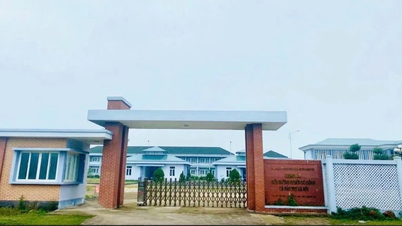

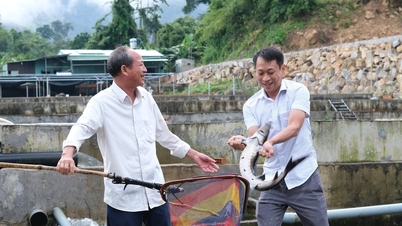

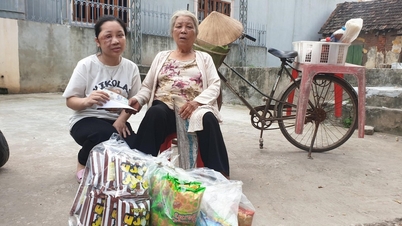
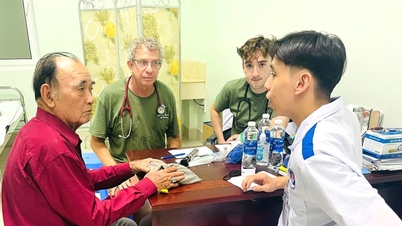

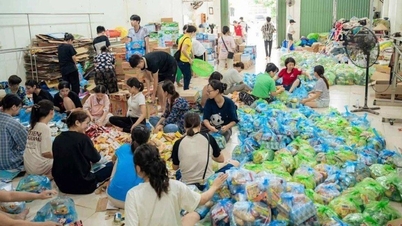
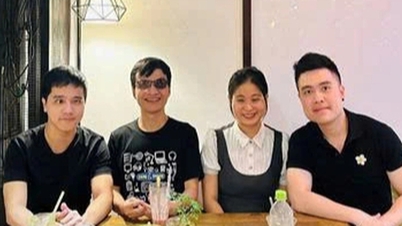
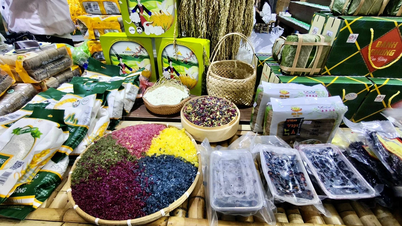
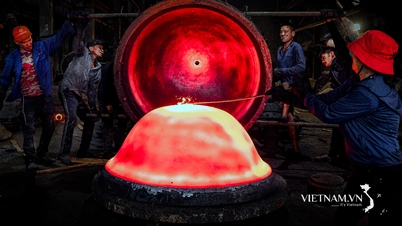

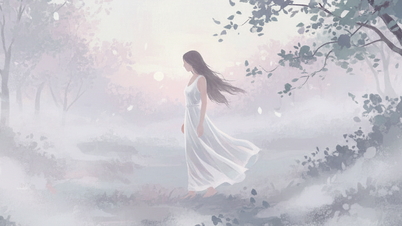









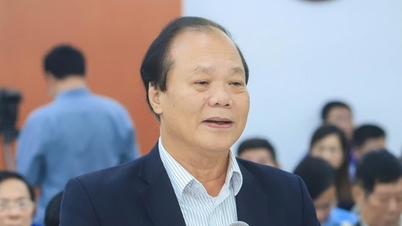




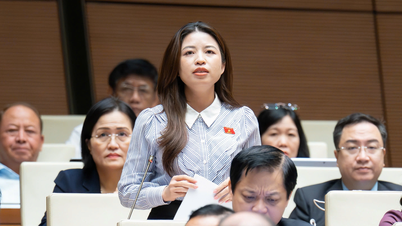
![[Photo] Draft documents of the 14th Party Congress reach people at the Commune Cultural Post Offices](https://vphoto.vietnam.vn/thumb/1200x675/vietnam/resource/IMAGE/2025/10/28/1761642182616_du-thao-tai-tinh-hung-yen-4070-5235-jpg.webp)













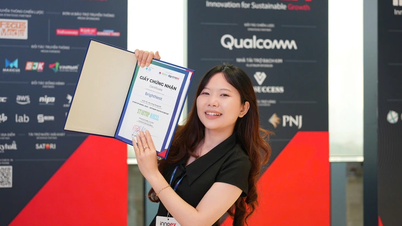
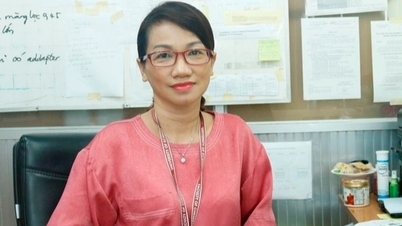





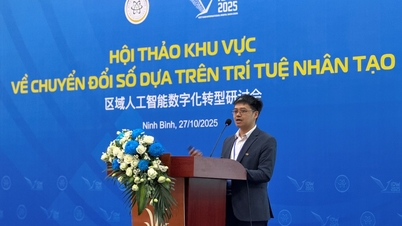










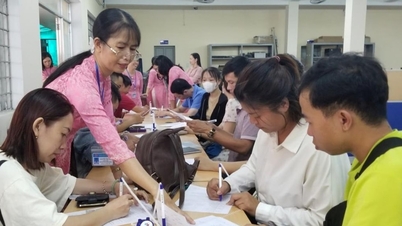


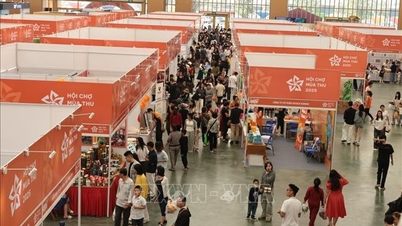


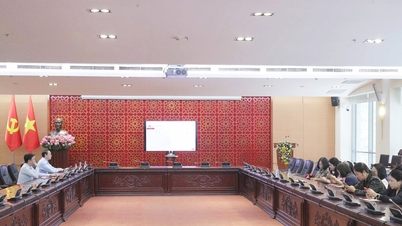


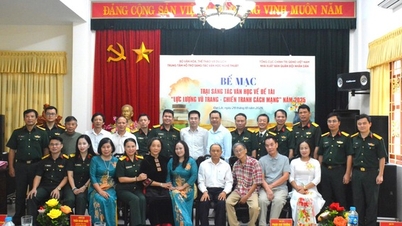


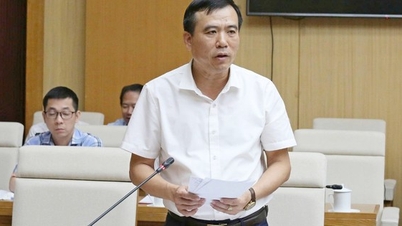
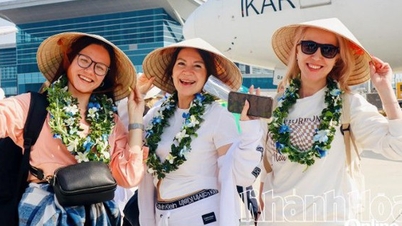
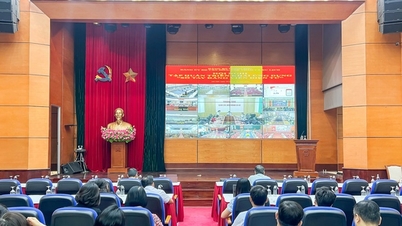


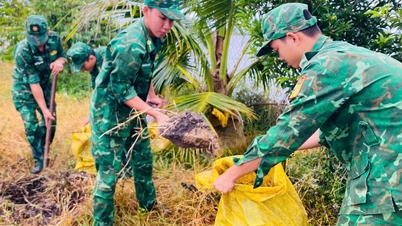

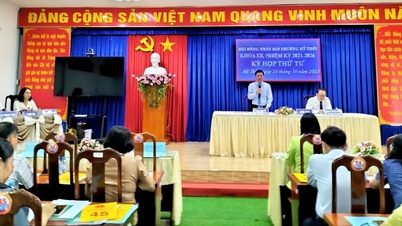
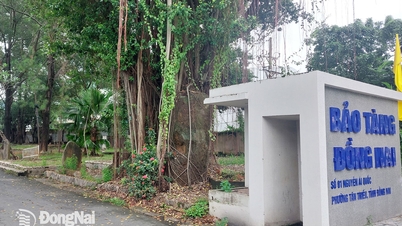

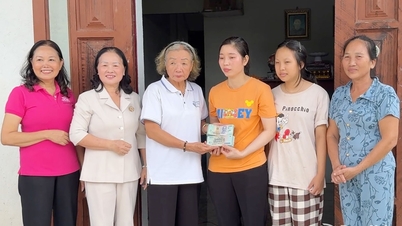
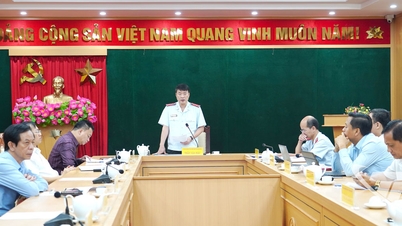













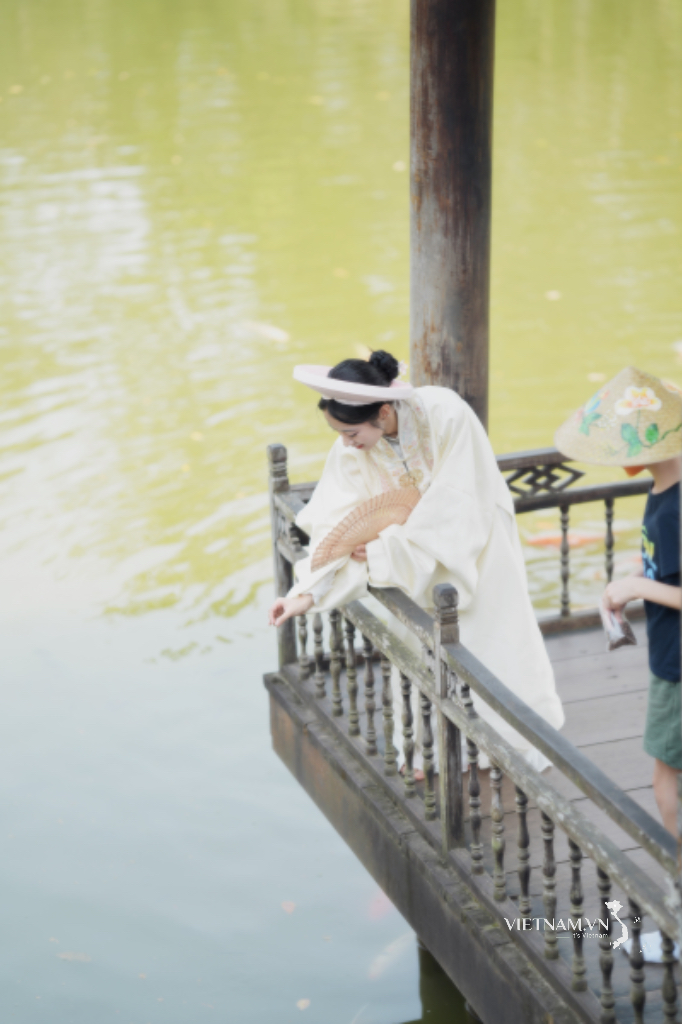

Comment (0)